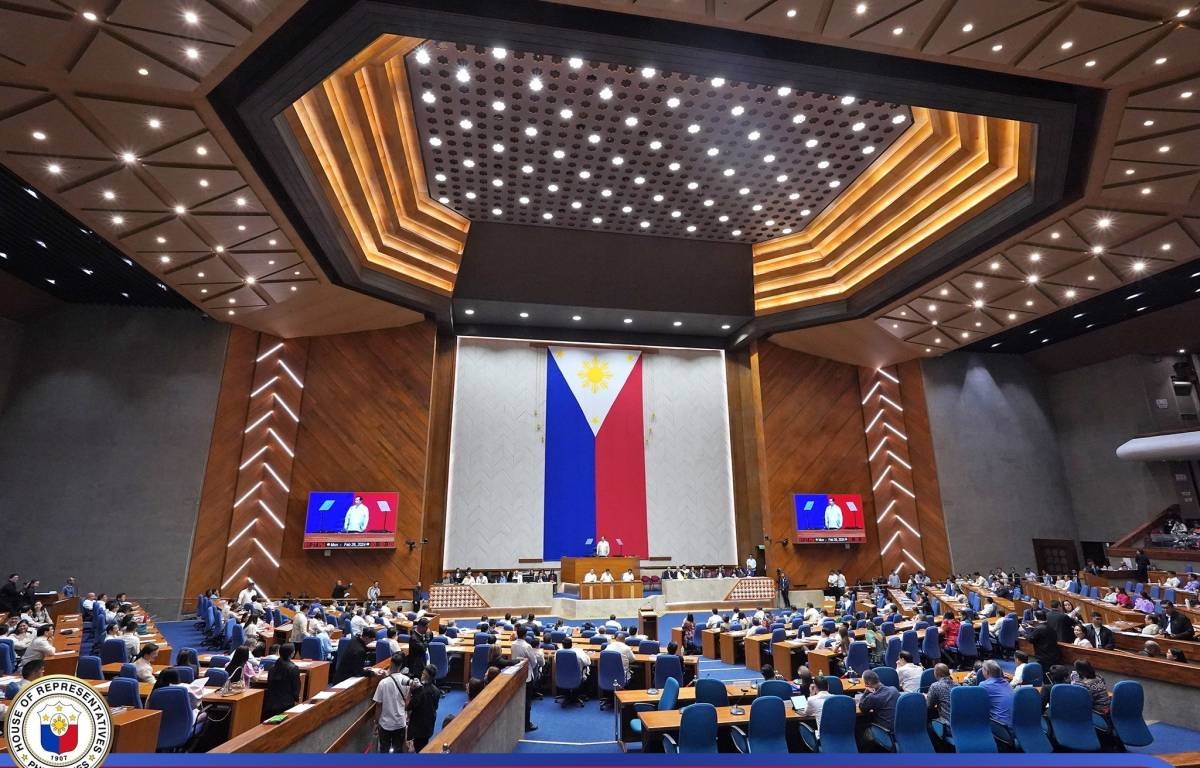In an important development, the House of Representatives’ Committee of the Whole has given its approval to Resolution of Both Houses (RBH) 7. This resolution aims to amend certain economic provisions of the 1987 Constitution in the Philippines. The approval comes after a series of committee deliberations that commenced on March 4, 2024 and involved the participation of various resource persons.
RBH 7, similar to its counterpart RBH 6 filed at the Senate, focuses on amending Article XII (Section 11), Article XIV (paragraph 2 of Section 4), and Article XVI (paragraph 2 of Section 11). The proposed amendments seek to include the phrase “unless otherwise provided by law” in these provisions. Additionally, they aim to insert the word “basic” before “educational institutions” in the first sentence of paragraph 2, Section 4 of Article XIV.
It is important to note that the approval of the committee report by the Committee of the Whole is just the first step in the process. The report will now be forwarded to the House plenary, where lawmakers will have the opportunity to vote for or against the resolution. This decision will ultimately determine the fate of the proposed amendments.
According to the 1987 Constitution of the Philippines, any amendment or revision to the Constitution can be proposed in two ways. The first method involves the Congress, which can propose amendments with a 3/4 vote of all its members. The second method allows for a constitutional convention to propose amendments.
In addition to these two methods, the Constitution also provides an avenue for direct proposals of amendments by the people through initiative. This process requires a petition signed by at least 12 percent of the total number of registered voters, with each legislative district represented by at least three percent of the registered voters within it.
Amending the Constitution is a significant undertaking that requires careful consideration and deliberation. It is a process that involves weighing the potential benefits and consequences of proposed changes. The proposed amendments in RBH 7 aim to address specific economic provisions and educational institutions, with the intention of ensuring that the Constitution remains relevant and adaptable to the changing needs of the country.
It is worth noting that constitutional amendments can have far-reaching implications, impacting various sectors of society. As such, it is crucial for lawmakers and the public to engage in informed discussions and debates on the proposed changes. Transparency and inclusivity are essential in order to uphold the principles of democracy and ensure that the voice of the people is heard.
In conclusion, the approval of Resolution of Both Houses (RBH) 7 by the House of Representatives’ Committee of the Whole marks an important step in the process of amending certain economic provisions of the 1987 Constitution in the Philippines. The proposed amendments seek to address specific areas and will now undergo further deliberation in the House plenary. As the process unfolds, it is crucial for all stakeholders to actively engage in discussions to ensure that any amendments made truly serve the best interests of the nation.
Source: The Manila Times







